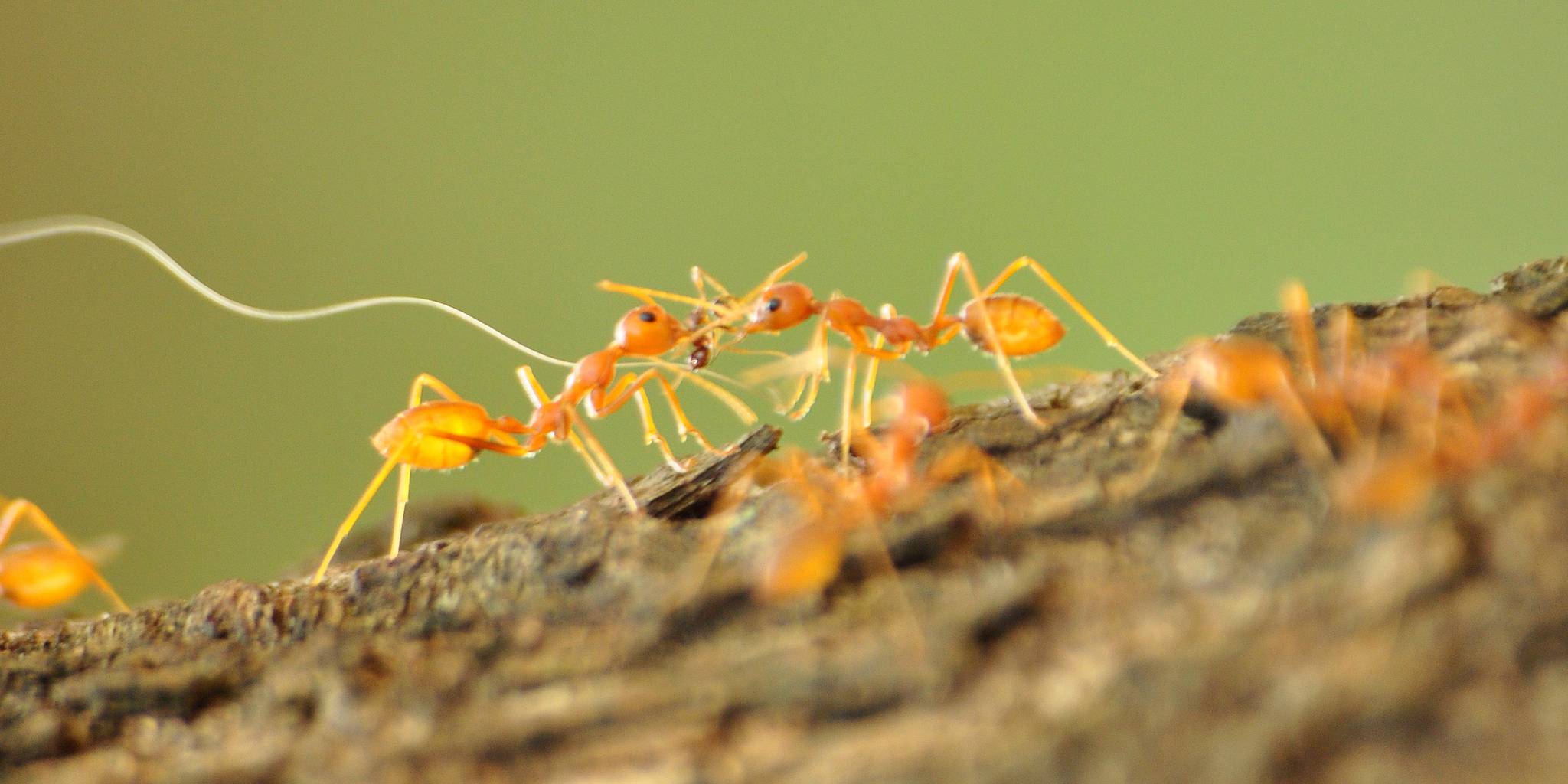Frequently, the viral topics du jour that someone like myself writes about are as ephemeral as the jokes behind them. On Thursday, a colleague alerted me to a Change.org petition that praised its Beyblades-as-Olympic-sport predecessor while also having an immediately hilarious hook. I had to write about it.
Since penning a piece on the petition to rename ants as spicy boys, over 11,000 more signatures have been added. And someone else has emerged as the originator of the spicy boys concept. Rhys Fitzgerald has no hand in the viral spicy boys petition, though they started their own just three months prior.
That original spicy boys petition didn't gain much traction, but Fitzgerald's Tumblr text post sure did. "I thought that my career had reached its height with spicy boys, but with the resurgence of my text post through a petition, my life has finally regained meaning. The whole situation is quite scandalous, really," Fitzgerald tells the Daily Dot in an email interview.
The New Zealander takes a fairly wry tone regarding their work taking on new life, readily admitting that the first spicy boys petition was more a whimsical effort than a fully-fledged campaign.
"I didn't put that much effort into it, apart from the meticulously detailed graphic anatomical model of the spicy boy. I didn't anticipate the reawakening of the spicy boys through an actual petition, but I guess people didn't foresee the second coming of Jesus either," Fitzgerald says, adding, "Or maybe they did. I haven't read the bible."
Fitzgerald tells me that the new petition may very well have made Australian news, to say nothing of its popularity in the states, and is certainly growing larger than they'd anticipated. The student receives no monetary benefit from their idea, nor does "pupperg small," the anonymous Chernobyler who proclaimed that, "It's 2016, there are 36 genders, bayblade might be a new olympic sport, why arent we calling fire ants 'spicey boys.'"
It's been nearly impossible to track down the creator of the current spicy boys petition, not that they'd want to talk to me to begin with.
The bigger issue for Fitzgerald isn't just alleged creative property theft and the attention it's been getting but rather the tone of the petition. A spicy boys copycat petition has also surfaced, though it's missing the language that categorizes such a renaming of an animal as a truly woke endeavor. Fitzgerald prefers it that way, however.
"The letter itself [from the viral petition] satirizes real social issues, like transgender and non-binary peoples' discomfort with being misgendered," Fitzgerald explains:
That especially bothers me since in New Zealand, there isn't a serious dialogue about issues that face the transgender community, and this petition further perpetuates the myth that legitimate gender identity issues like misgendering and dysphoria are a joke, and that those issues are akin to fire ants wanting to be referred to spicy boys. I'm not sure if that was the intent. Maybe I'm reading too much into it, but that was my take on the letter, and that's how I've seen a lot people interpret it. That's not what spicy boys are about.
In an age of constant digital joke theft run through the internet's Rube Goldberg machine of satire, safe spaces, and discourse, the concept of claiming ownership is becoming all the more difficult to reckon with. Fitzgerald equates their initial passing thought as entirely insignificant. It was an idea borne of sitting on the toilet, hoping the fire ant in their bathroom didn't come close enough to cause any real trouble.
The internet-as-performance-art tone I gather from Fitzgerald is fairly standard in the world of memes and absurdity. They buy into the Doggo Revolution, in which dogs communicate in "borks" rather than barks, the subtext of which evokes fear—"you are doing me a frighten."
"Dogbless the doggos and puppers, with their flip flaps, and their snoot snoots," Fitzgerald concludes.
As for what spicy boys really means now that the "puppergs small" petition has taken off, Fitzgerald circles back to the importance of non-binary expression and understanding.
"In reality, spicy boys don't identify as male or female. Usually, we refer to a spicy boy as 'they', despite their biological sex. So let us stop making a big deal out of someone not being comfortable with using pronouns he/she. Is using 'they' really that hard?"








